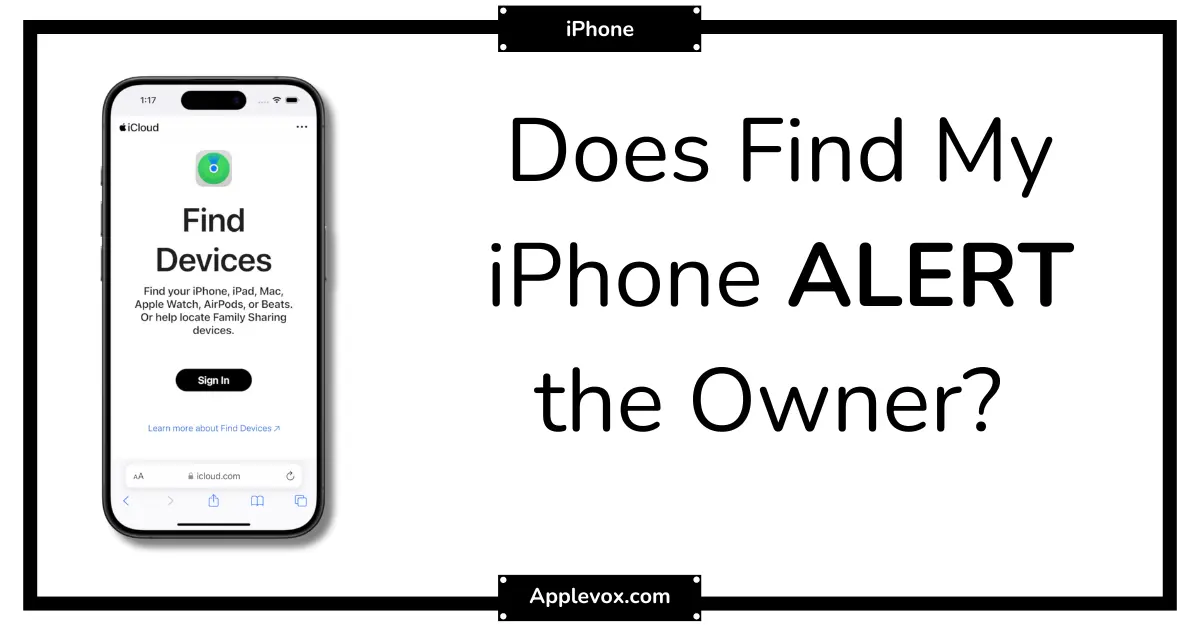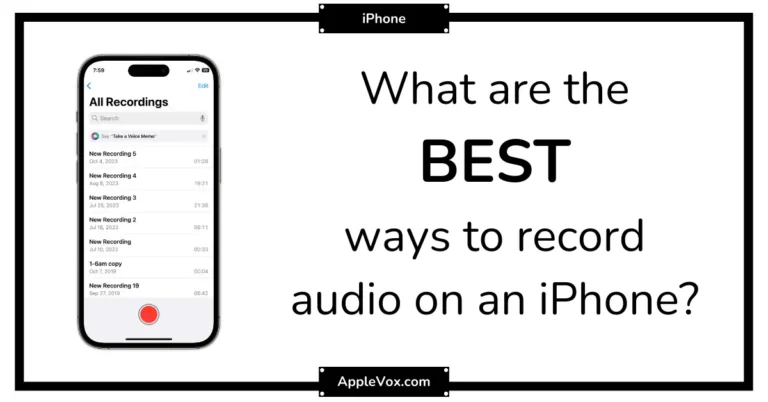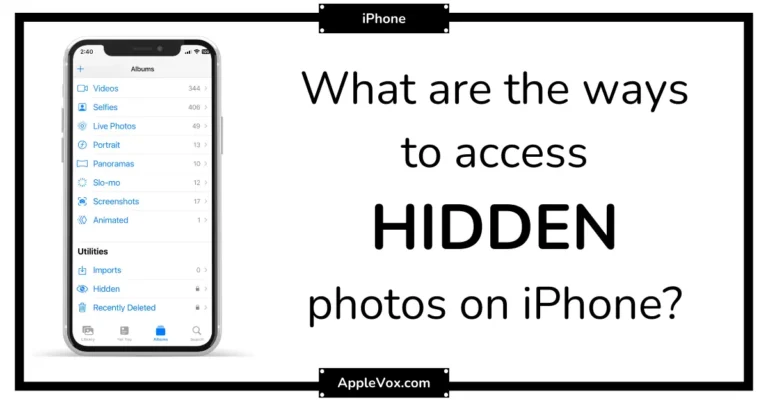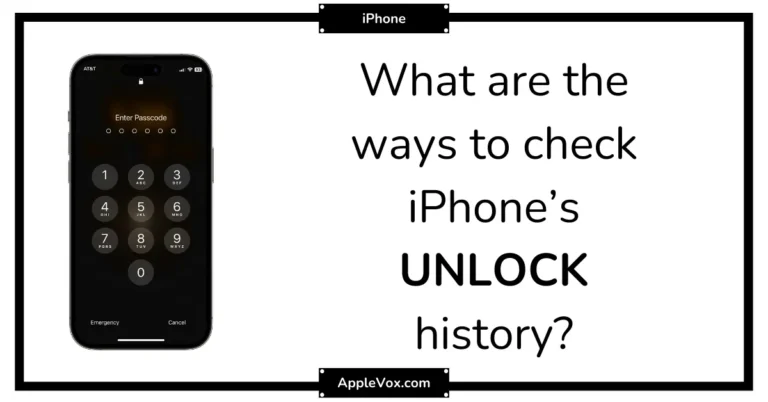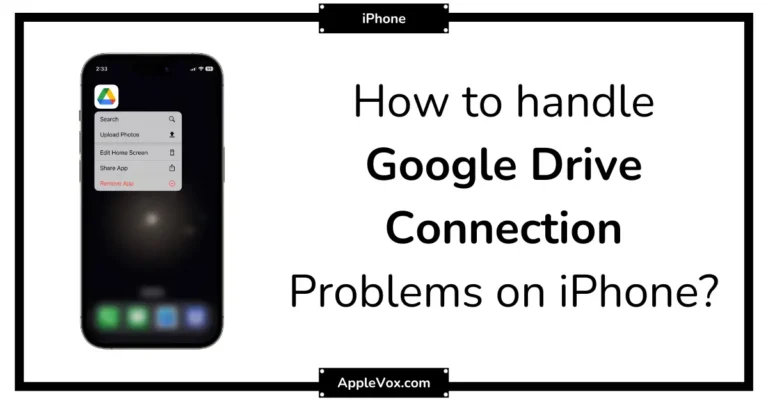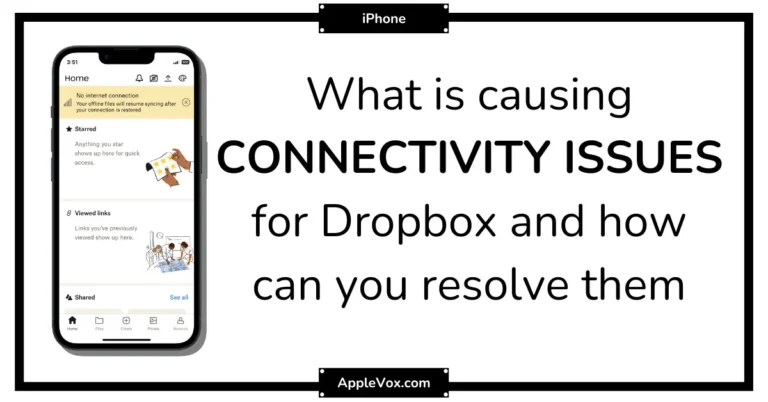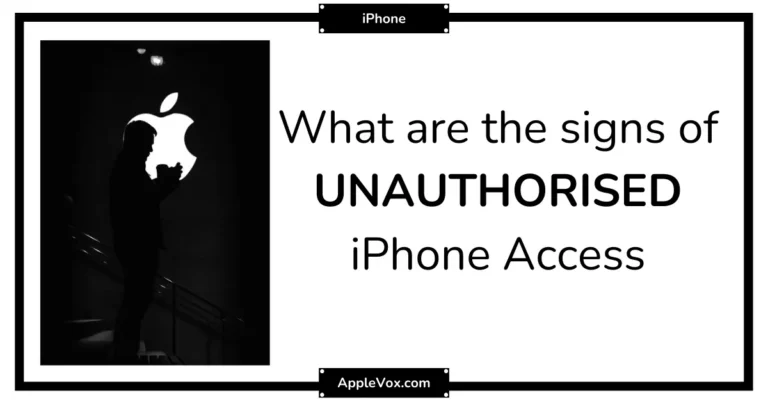Just like a thief silently creeping in the night, I once used the ‘Find My iPhone’ feature to track a misplaced device without alerting the person who had it.
It made me wonder: Does the ‘Find My iPhone’ feature notify the other person when you’re trying to locate your device using the app? It’s an important question, especially for those who’ve had their device stolen or misplaced.
This feature could be a double-edged sword; while it helps us locate our devices, it could potentially alert the wrong hands.
Let’s unpack the intricacies of this digital tracking feature and see where the chips fall.
Key Takeaways
- The ‘Find My iPhone’ feature allows users to track lost Apple devices and provides location-based notifications.
- Users can customize notification settings in the Find My app, including push notifications for various scenarios.
- When setting a location notification, the target person is notified and asked to confirm in iOS 13 and later versions.
- Apple emphasizes user privacy and recommends obtaining explicit permission before setting up location notifications for others.
Understanding ‘Find My iPhone’ Feature
Diving into the ‘Find My iPhone’ feature, it’s crucial to note that it provides users with the ability to set up notifications for when a friend arrives at, departs from, or is absent from a specific location. This understanding ‘Find My iPhone’ feature isn’t just limited to tracking lost Apple devices, but can also serve as a tool for location-based notifications.
Essentially, the feature enables the creation of up to 25 ‘Notify Me’ notifications. However, recurring notifications would require the friend’s approval. This ensures that the privacy of the other person isn’t infringed upon and there’s transparency in the process.
When it comes to the compatibility, the new implementation of location notifications in iOS 13 is transparent and notifies the target, requiring their confirmation when being tracked. However, compatibility with iOS 12 and ‘Find My Friends’ may affect the effectiveness of location notifications.
Notification Settings in ‘Find My iPhone
Building on our understanding of the ‘Find My iPhone’ feature, let’s now explore how to customize the notification settings within this tool. The Find My app allows you to set push notifications for a variety of scenarios.
You can set these notifications to alert you when a friend arrives at or leaves a specific location. Additionally, you can activate notifications for when a friend isn’t at a predicted location. The settings are flexible, allowing you to easily adjust or turn off any notifications you’ve set.
The Find My app allows users to create up to 25 ‘Notify Me’ notifications. However, it’s worth noting that recurring notifications require the friend’s approval and two-factor authentication. This ensures transparency and consent from both parties involved.
However, this feature is only available on devices running iOS 13 or later. If a location notification is set, the person being tracked will be informed and asked to approve the tracking. This ensures transparency, reinforcing Apple’s commitment to user privacy.
Tracking Without Alerting: Possible?
Now, let’s delve into the question of whether it’s possible to track someone without alerting them using the ‘Find My iPhone’ feature. The answer isn’t straightforward, as it depends on the notification settings and the version of iOS installed on the device.
- Notification Settings: In ‘Find My iPhone’, you can set location notifications, which will alert the person when they arrive at or leave a certain location. However, these notifications can be turned off or changed by the user.
- iOS Version: Since the implementation of iOS 13, when a location notification is set up, the target is notified and asked to confirm. This means that tracking without alerting isn’t possible in the latest versions.
- Apple ID: The ‘Find My iPhone’ feature is linked to the Apple ID of the user. If you’re using someone else’s Apple ID, they’ll be notified of location changes.
User Privacy: Apple’s Stand
Having explored the intricacies of tracking and alerting mechanisms in ‘Find My iPhone’, let’s consider Apple’s stance on user privacy in this context. It’s clear that user privacy is paramount in Apple’s design philosophy. This is evident in the mechanisms of the ‘Find My iPhone’ feature itself. Apple ensures that when a user decides to track another person’s iPhone or iPad, the person being tracked is notified. So, does ‘Find My iPhone’ notify the other person? Yes, it does.
In fact, the Find My app provides transparency by sending an immediate push notification to the target device, informing them of the tracking. This is a significant step towards preventing unauthorized surveillance and upholding user privacy rights. Apple’s stand is that users should obtain explicit permission before setting up location notifications for others.
However, it’s important to note that compatibility between iOS versions may affect the effectiveness of location notifications. Currently, the system works best between devices on iOS 13 using the new Find My app.
Real-life Scenarios and Experiences
Let’s dive into real-life scenarios and experiences to better understand how the ‘Find My iPhone’ app functions in practical situations, how its notification system works, and where it may fall short.
Consider these three scenarios:
- You’re using the app on your iPhone to keep tabs on your teenager. They’ve left your agreed-upon area, and you receive a notification. Meanwhile, your teenager, the person whose location you’re tracking, is also notified. This transparency can foster trust and ensure safety.
- You’ve set a notification for your spouse’s arrival at a specific location. But, the app doesn’t notify the other person, your spouse in this case. This can be handy for planning surprise parties or ensuring a safe commute.
- You’re attempting to set up recurring notifications for your friend. However, the app requires the friend’s approval for this. Thus, it may fall short when the friend denies the request.
These real-life scenarios and experiences demonstrate the ‘Find My iPhone’ app’s practicality. They provide insight into the question – does Find My iPhone notify the other person? The answer, it appears, depends on the situation and the settings you’ve chosen!
Frequently Asked Questions
Do You Get Notified When Someone Looks at Your iPhone Location?
Yes, if someone’s tracking my iPhone location, I’ll get notified. iPhone’s location privacy and notification settings ensure I’m aware of any location sharing. This is part of Apple’s commitment to transparency and consent.
Can My Husband See When I Check His Location on iPhone?
Yes, if I check my husband’s location on iPhone, he’ll be notified. It’s a matter of privacy concerns, trust issues, location sharing and device security that Apple respects. It promotes transparency in relationships.
Does Find My Friends Notify the Other Person When You Set a Notification?
Yes, Find My Friends does notify the other person when I set a notification. It’s part of the app’s location privacy measures, allowing for transparency in location sharing and tracking alerts via notification settings.
Can Someone Tell When You Use Find My iPhone?
Yes, when I use Find My iPhone, the person being tracked is notified. This ensures location privacy, respects tracking ethics, and addresses security implications, making user consent an integral part of the process.
Conclusion
So, does ‘Find My iPhone’ tip off the other person? Absolutely not! This nifty tool is a breeze to use and respects privacy like no other. It’s designed to help you reclaim your misplaced device without sounding any alarms. Apple surely knows how to keep things under wraps.
Remember, it’s always about your device, your privacy, and your peace of mind. So, go ahead, trace away without a worry!

